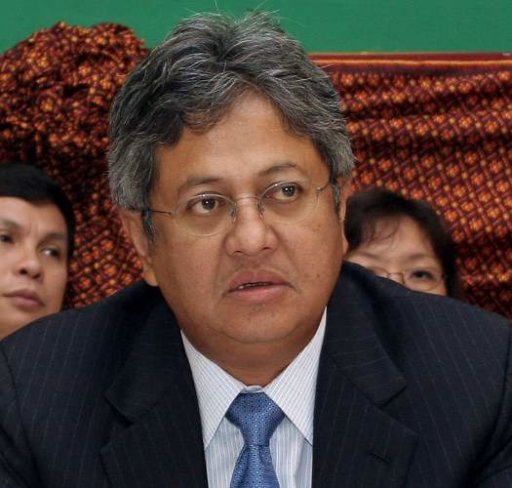Zaid: Racial affirmative action tripping Malaysia
The Malay Mail Online


KUALA LUMPUR, Aug 9 — Malaysia is deluding itself into thinking it can become a developed nation with the existence of race-based preferential policies, Datuk Zaid Ibrahim (picture) said today.
The former Cabinet minister also noted that “much as you don’t like to admit it, Singapore is a success story” and called on Malaysians to examine former Singapore Prime Minister Lee Kuan Yew’s remarks, instead of summarily dismissing them.
“You cannot isolate a vibrant physical development of the nation without policies based on fair values,” Zaid told The Malay Mail Online.
“There’s nothing more divisive than discrimination. As long as we ignore that fundamental truth, we’ll be deluding ourselves in the long-term,” added Malaysia’s former de facto law minister.
In his latest book “One Man’s View of the World”, Lee wrote that Malaysia’s brain drain problem was caused by Putrajaya’s insistence on promoting “one race” above all others.
Malaysia faces a severe talent flight issue with an estimated 5 per cent of skilled locals exiting the country on an annual basis — with most bound south for neighbouring Singapore.
A World Bank report from 2011 concluded that 20 per cent of Malaysian graduates opted to leave the country, again with Singapore cited as the preferred destination.
The city-state rapidly transformed into a developed nation in less than half a century since breaking away from Malaysia in 1965.
Senior Barisan Nasional (BN) leaders also acknowledged yesterday that race-based policies had contributed to Malaysia bleeding talent, a problem that needs to be solved if the country is to achieve high-income status by 2020.
Zaid, who has batted for both Umno and PKR, said the brain drain was merely one aspect of the problem created by discriminatory race-based policies.
“You don’t have the best to lead the country,” he said.
“When you don’t have the best, you don’t always produce the best. Developed nation is when people have the ability to produce the best,” he added.
Zaid pointed out that race-based policies in Malaysia have been “hijacked” from their original purpose of being a “safety net to help the Bumiputeras”.
He also said that Malaysia has become “very orthodox” as a Muslim country.
“I think I would say that we are not keeping in tune with the more open democratic societies that the world is moving to,” he said.
“You don’t have a developed country under authoritarian rule. Singapore is authoritarian in some aspects, but by and large it’s a free society,” added the politician-turned-businessman.
Lee wrote in his book that Malaysia was “relaxed” at one time, noting that the country’s first prime minister, Tunku Abdul Rahman, used to drink whisky and brandy with friends.
But the elder statesman said that Malaysia has become “much more orthodox” since and that Malaysians now toast each other with “syrups”.

